Are Prompt-Based Scrapers the Best for You?

Lucas Mitchell
Automation Engineer
17-Jul-2025
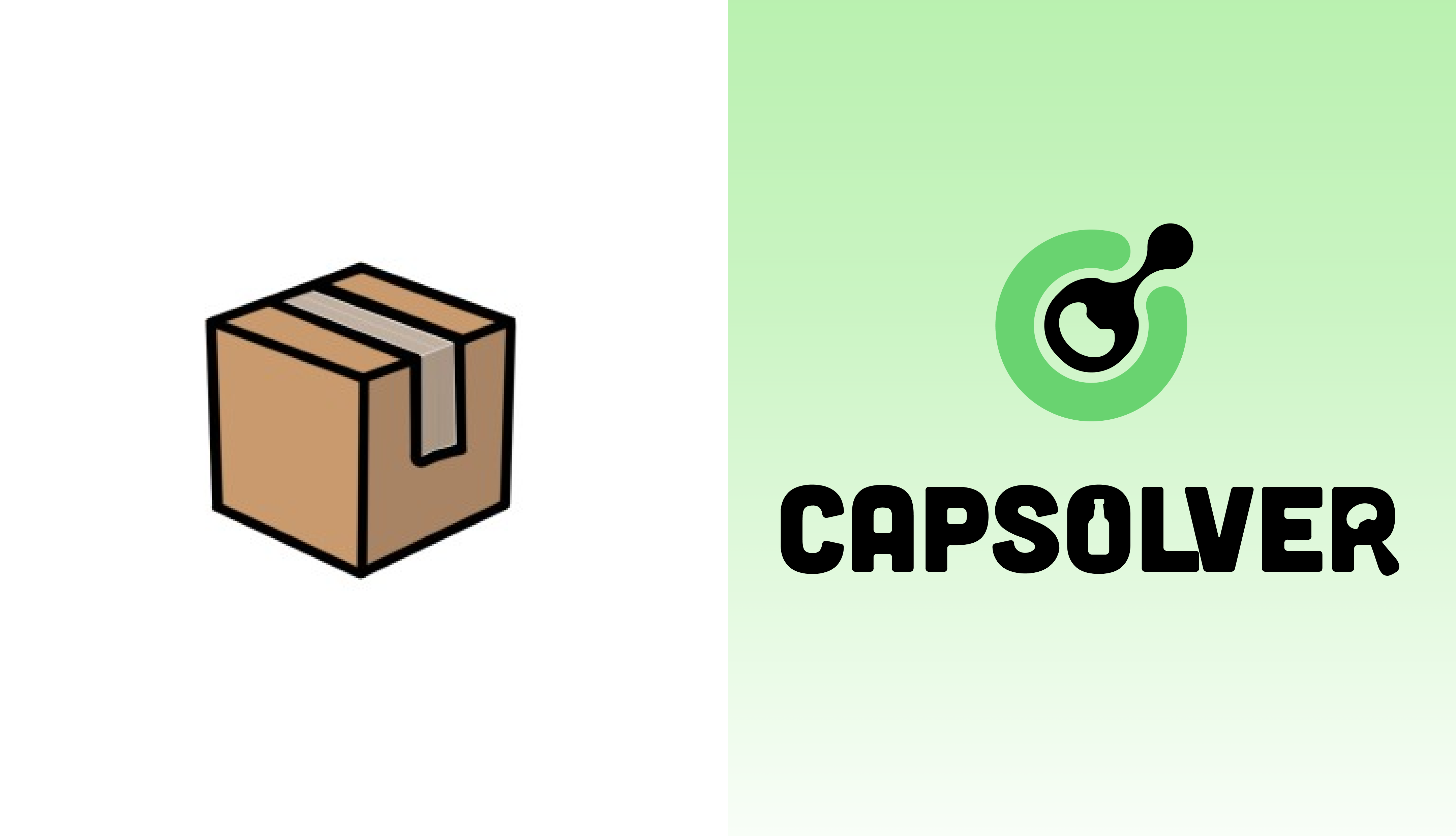
Nowadays, the landscape of web scraping and data extraction is very rich, so let us guide you through the main types of solutions available so you can choose the right one for your goals:
Web scraping tools generally fall into 4 main categories:
- AI / LLM-Driven Scraping
- Full-Service / Enterprise Web Data Platforms
- No-Code / Low-Code Visual Scrapers
- Developer-Focused APIs / Libraries
Let's explore each of these categories in detail:
AI / LLM-Driven Scraping (emerging category, e.g., Parsera)
Key Advantages
- Highly Adaptable: Can extract data from virtually any webpage, even when structures are dynamic or frequently changing.
- Natural Language Interface: Users simply describe what they want in plain language—no need to write complex code.
- Layout Flexibility: Handles varying page layouts with ease, making scraping more resilient to structural changes.
- Semantic Understanding: Goes beyond extraction to summarize content, identify key information, and interpret meaning.
- Agents: Use LLMs not only for data extraction but also to generate your scraping code for specific page structures, reducing reliance on the LLM for every scrape.
⚠️ But even the smartest LLM scrapers struggle with Captcha protected pages.
That’s where CapSolver comes in, a dedicated CAPTCHA solving solution that handles reCAPTCHA (v2/v3), Cloudflare Turnstile,Complex Image Recognition, and more.
It integrates easily into your scraping stack, providing a reliable and automated way to handle CAPTCHAs without disrupting your LLM workflow.
Whether you're using Parsera, custom agents, or even Zapier+n8n pipelines, CapSolver ensures you can access and extract the data behind the gate.
Full-Service Web Data Platforms (e.g., BrightData, Zyte, Oxylabs)
What they do: Offer comprehensive solutions, including massive proxy networks, specialized APIs (for SERP, E-commerce, etc.), cloud-based scraping infrastructure, and often ready-made datasets.
Key Advantages
-
Robust Proxy Networks: Built to handle CAPTCHA challenges, JavaScript rendering, and high-traffic scraping operations.
-
Managed Data Delivery: Many services offer fully managed solutions, delivering clean, structured data with minimal effort required.
-
Enterprise-Scale Performance: Engineered to operate at massive scale while bypassing advanced anti-bot systems through powerful infrastructure.
No-Code / Low-Code Visual Scrapers (e.g., Octoparse, Browse AI)
What they do: These tools offer a point-and-click interface for defining scraping rules without writing code. Typically cloud-based, they include scheduling features and basic anti-blocking capabilities.
Key Advantages
-
Beginner-Friendly: Extremely easy to use, ideal for non-developers or those new to web scraping.
-
Fast Deployment: Quick to set up and effective for scraping standard, less protected websites.
Developer-Focused APIs / Libraries (e.g., ScrapingBee, Apify)
What they do: Offer an API endpoint that handles the "headless browser," proxy rotation, and CAPTCHA solving complexities, allowing developers to focus on parsing the raw HTML.
Key Advantages:
- High control over the scraping process.
- Can be highly scalable.
- Often more cost-effective for high volumes if you handle parsing internally
Summary: The Dawn of Superior Web Data Extraction
While traditional methods offer various benefits, from robust infrastructure to ease of visual setup, they inherently suffer from rigidity, high maintenance, and a reliance on manual, structure-specific configurations that frequently break, not to mention the demand for coding expertise if you need some flexibility.

This is precisely where AI/LLM-driven scraping solutions, like Parsera, emerge as the superior choice:
- Effortless & Adaptive: Simply describe your data needs in plain language and extract data from virtually any webpage, including dynamic or structurally changing sites.
- Intelligent Processing: Beyond simple data points, they excel at summarizing content, understanding semantic nuances, and extracting key insights, offering richer data.
- Reduced Maintenance: Adapts to minor website changes, cutting down on broken scrapers and the need for constant updates.
- Scalability & Control (e.g., Parsera's Agents): Generates reusable structure-specific scraping code (Agents) for high-volume and consistent extraction. This combines AI's flexibility with the efficiency of traditional methods, providing scalable and more consistent extraction without constant LLM reliance.
- Integration Simplicity: Parsera’s usage flexibility fits perfectly into automation workflows created with no-code tools like n8n, Zapier, etc. (How to use Parsera’s n8n node - 4 mins video)
- Resilient CAPTCHA Handling: When paired with a smart CAPTCHA-solving layer like CapSolver, your automation pipeline can navigate even the most protected websites with confidence. CapSolver supports a wide range of verification types and delivers fast, accurate results—keeping your extraction flow smooth and uninterrupted.
In essence, AI/LLM-driven scraping fundamentally overcomes the inherent limitations of traditional methods, offering a resilient, user-friendly, and intelligent approach that fuels growth by eliminating the rigidity and complexity of predefined rules or manual coding.
Compliance Disclaimer: The information provided on this blog is for informational purposes only. CapSolver is committed to compliance with all applicable laws and regulations. The use of the CapSolver network for illegal, fraudulent, or abusive activities is strictly prohibited and will be investigated. Our captcha-solving solutions enhance user experience while ensuring 100% compliance in helping solve captcha difficulties during public data crawling. We encourage responsible use of our services. For more information, please visit our Terms of Service and Privacy Policy.
More
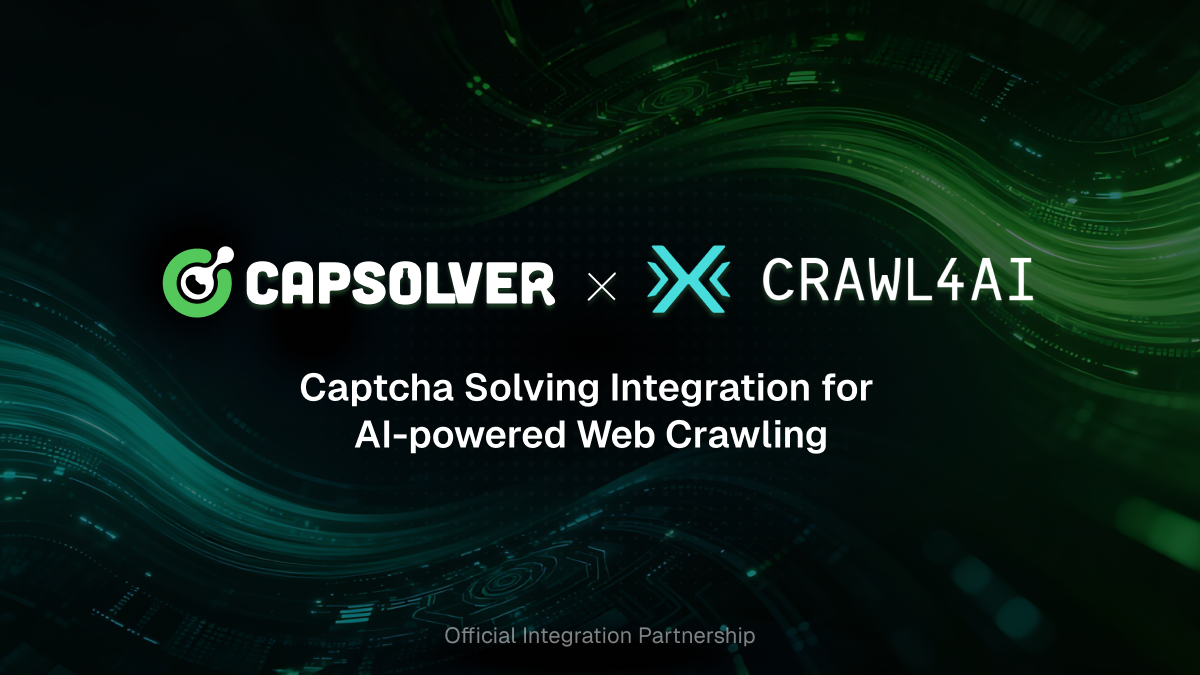
How to Solve Captcha in Crawl4AI with CapSolver Integration
Seamless web scraping with Crawl4AI & CapSolver: Automated CAPTCHA solution, enhanced efficiency, and robust data extraction for AI.

Lucas Mitchell
26-Sep-2025
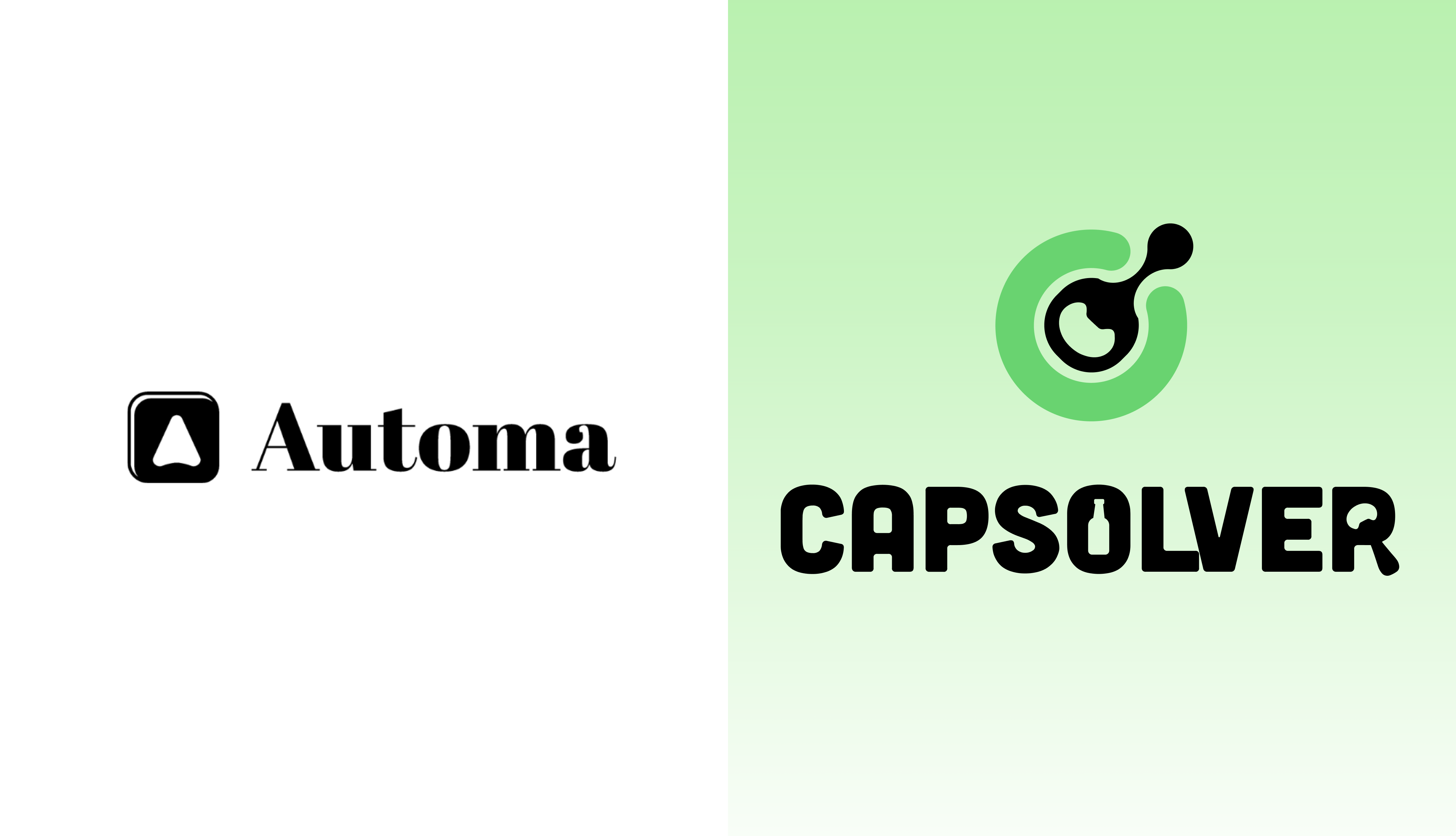
How to Solve CAPTCHA in Automa RPA Using CapSolver
Solve CAPTCHAs easily in Automa RPA with CapSolver — seamless integration, high accuracy, and no-code automation support.

Lucas Mitchell
29-Aug-2025
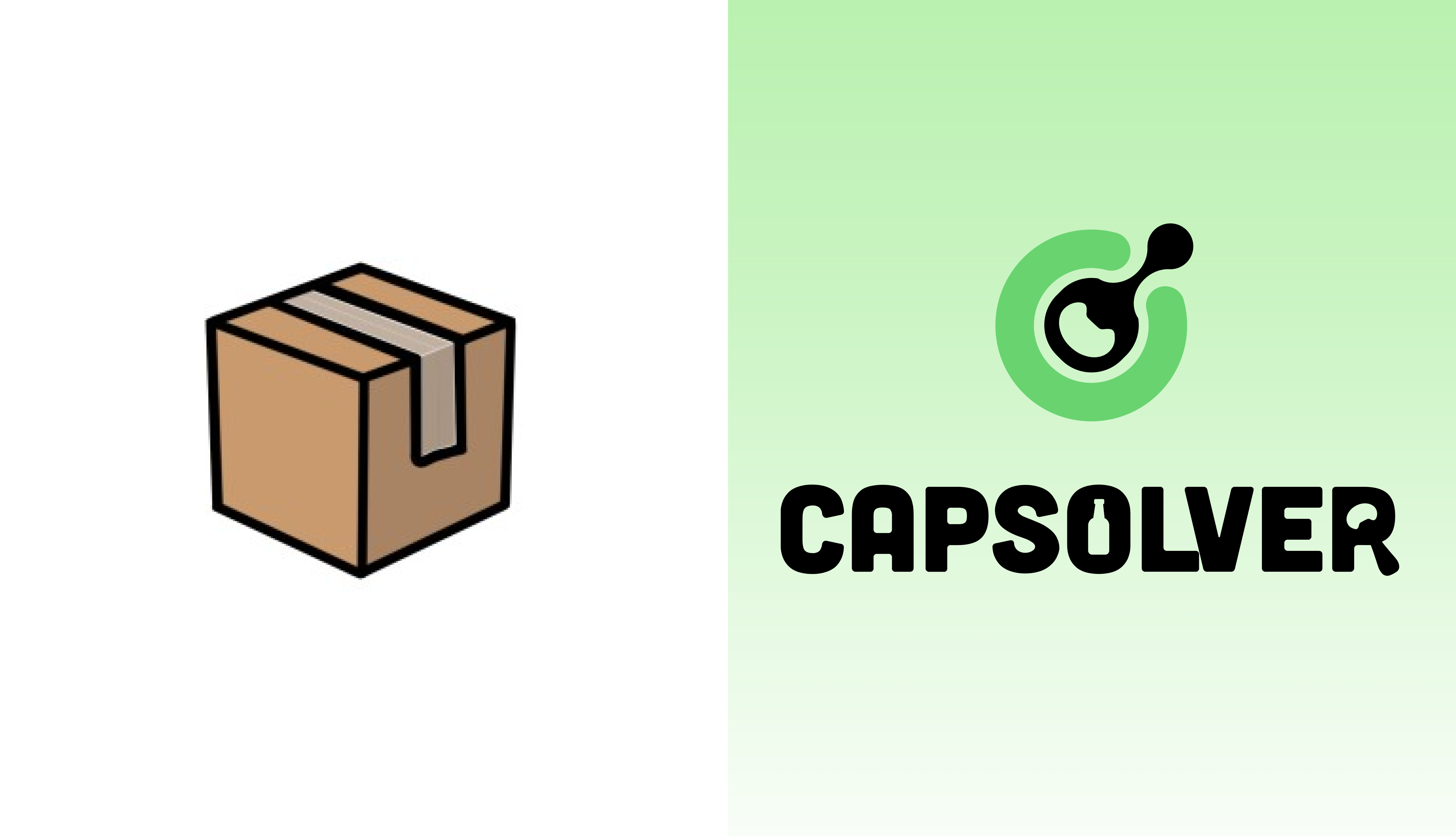
Are Prompt-Based Scrapers the Best for You?
AI-powered web scraping tools for scalable, adaptive, and automated data extraction workflows

Lucas Mitchell
17-Jul-2025
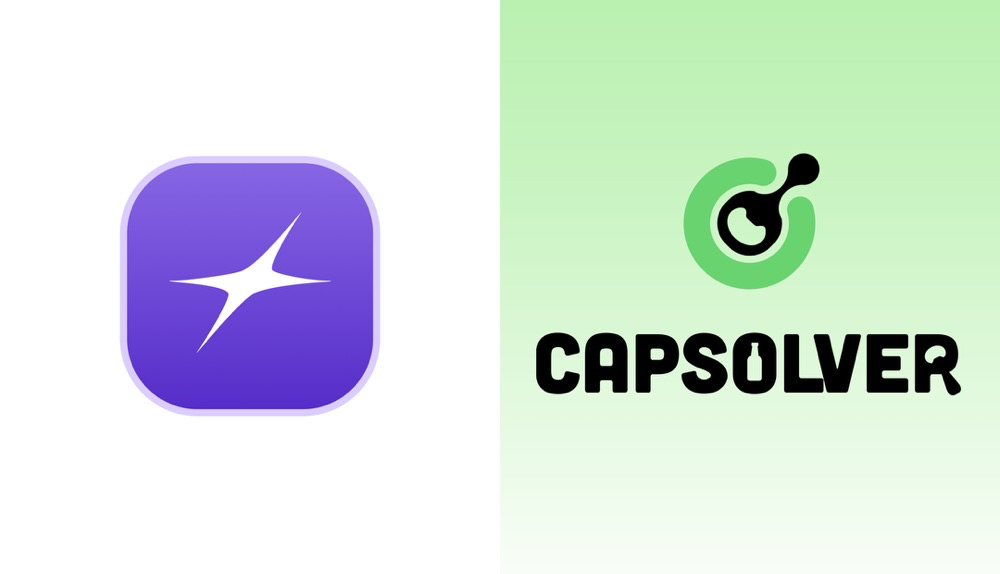
FlashProxy: Powering the Internet with Advanced Proxy Solutions
FlashProxy is one of the well-established proxy service providers, offering a wide suite of proxy solutions to fit the different online requirements.

Ethan Collins
11-Oct-2024
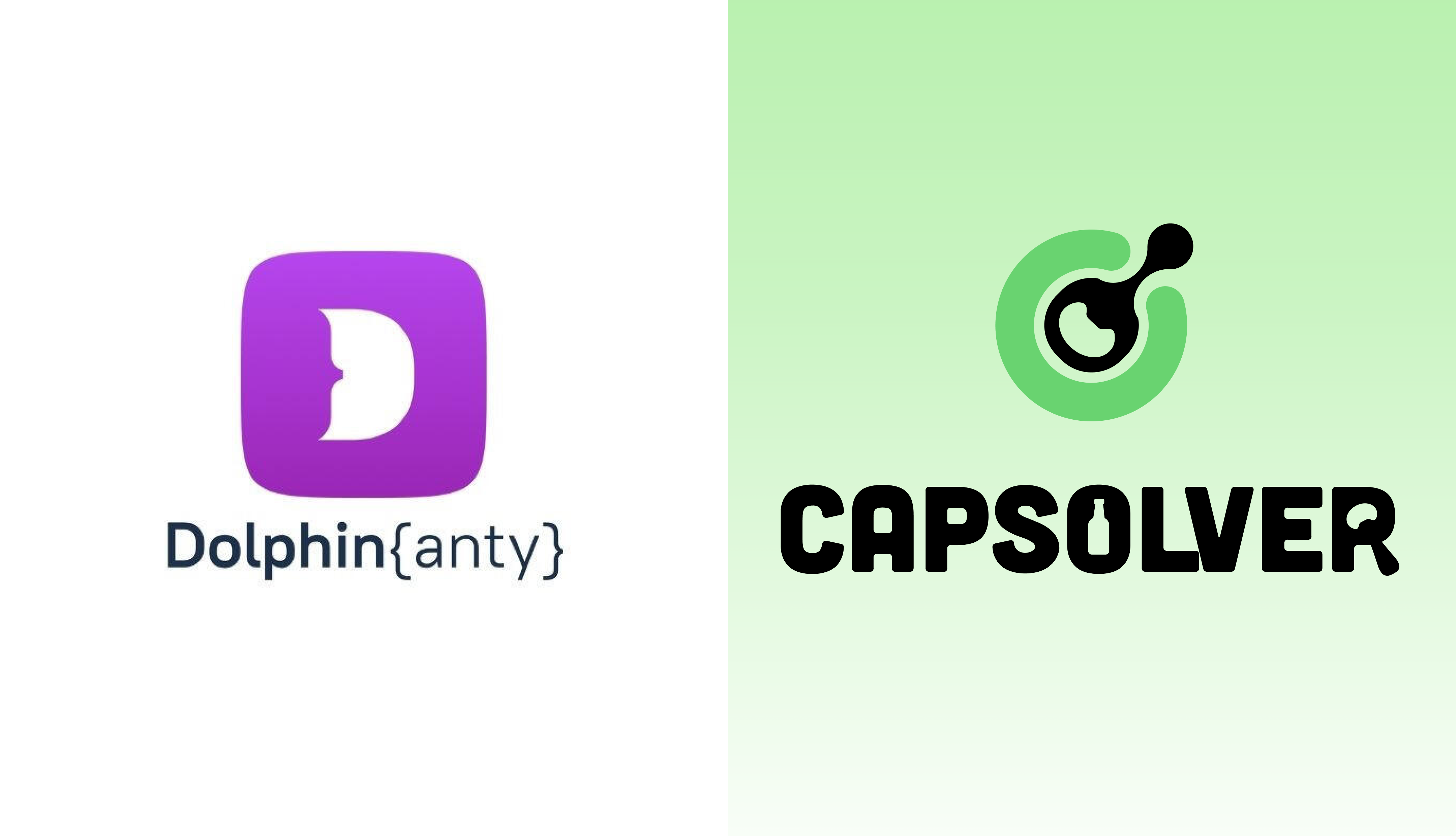
The best Antidetect Browser for online anonymity and multi-account management.
The best Antidetect Browser for online anonymity and multi-account management.

Ethan Collins
08-Oct-2024
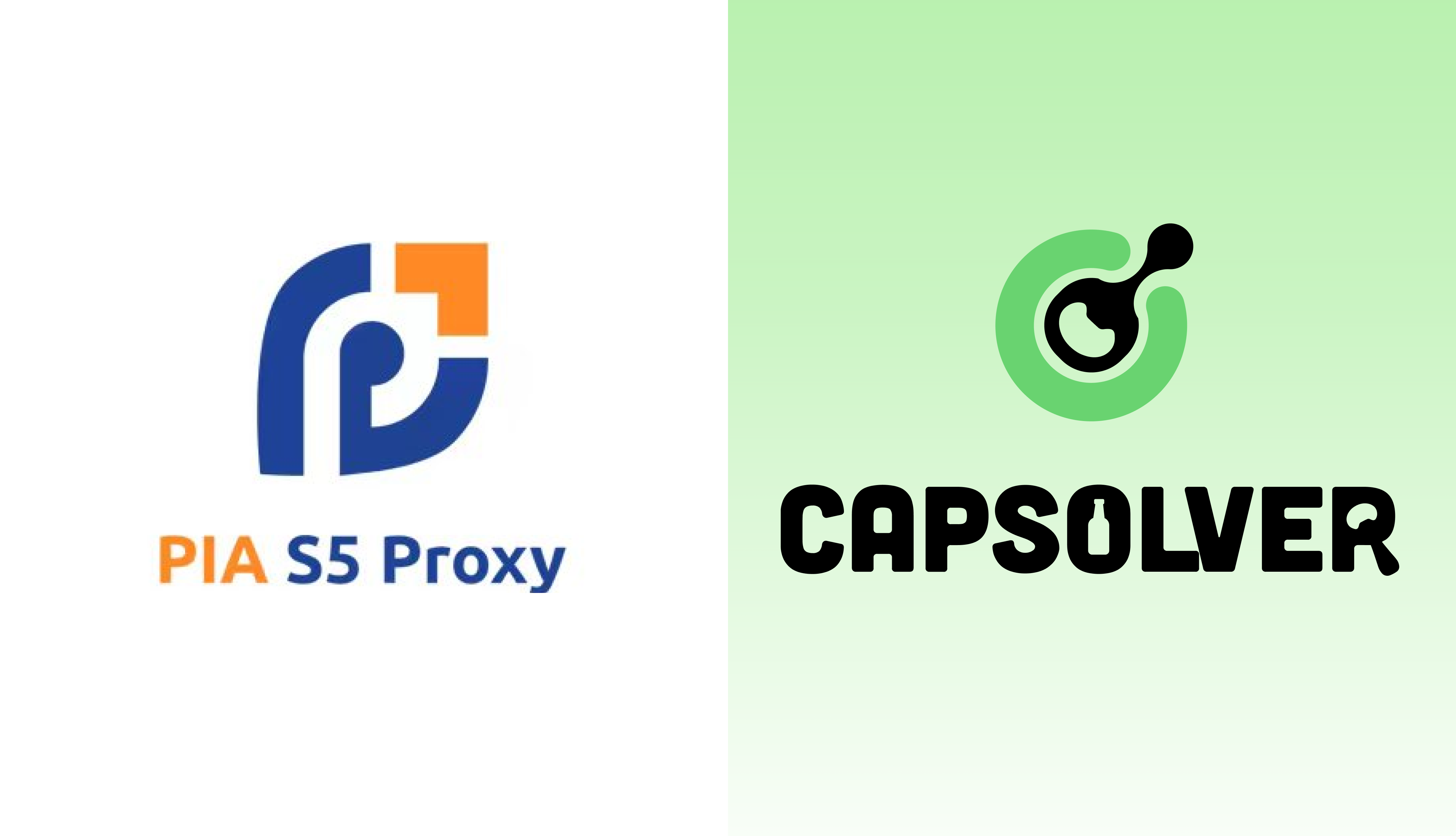
PIA S5 Proxy: The world's leading SOCKS5 residential proxy helps you hide your IP easily
PIA S5 Proxy is the world's leading SOCKS5 residential proxy, helping users easily hide their IP, protect network privacy and provide a safe online experience.

Ethan Collins
08-Oct-2024

